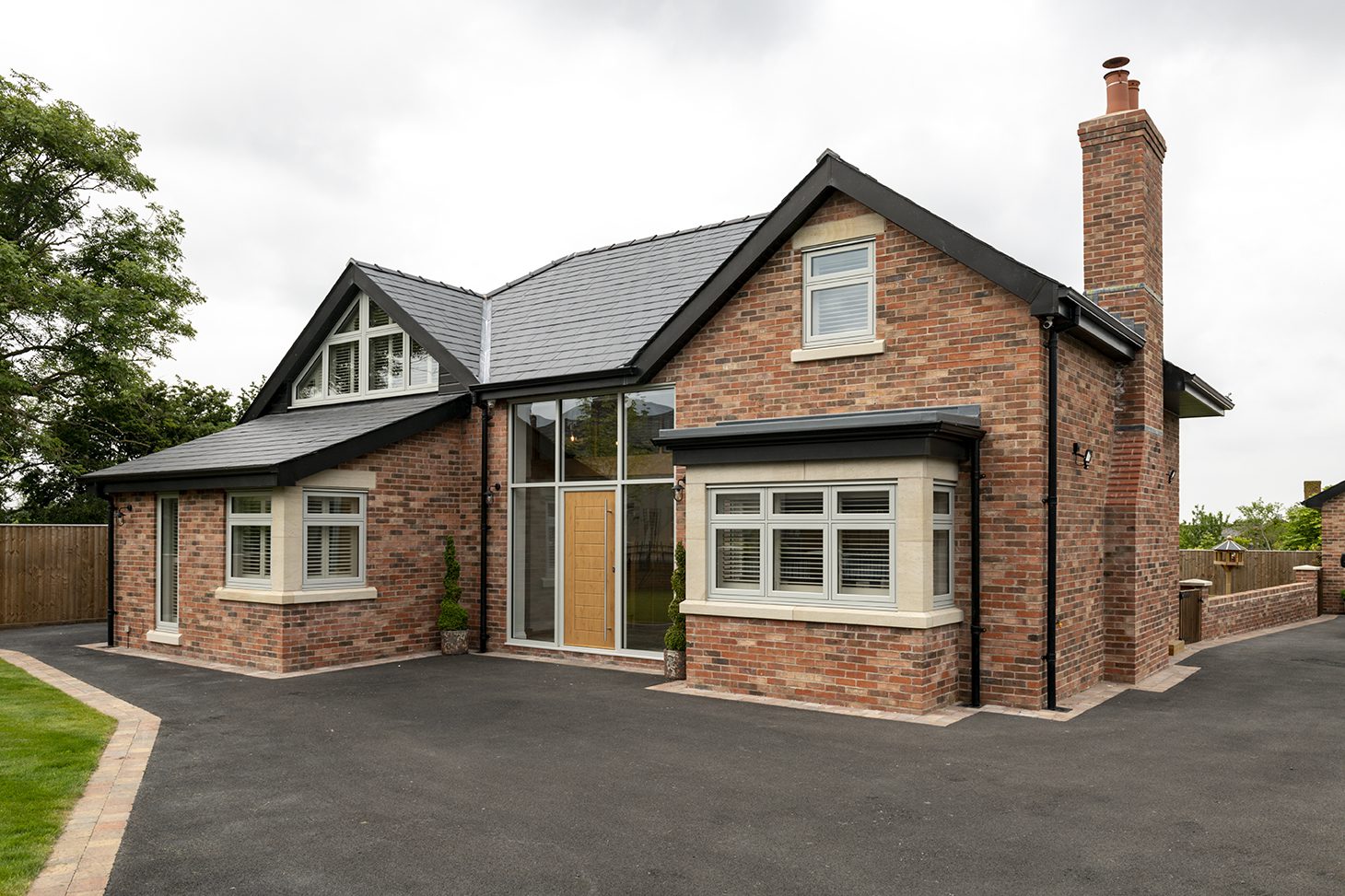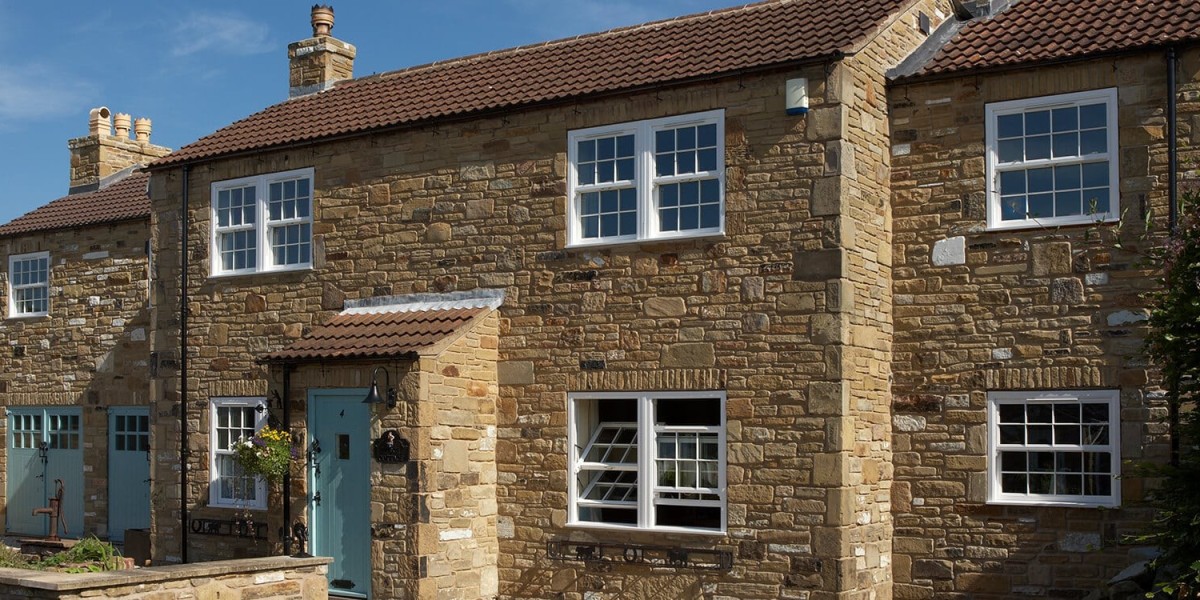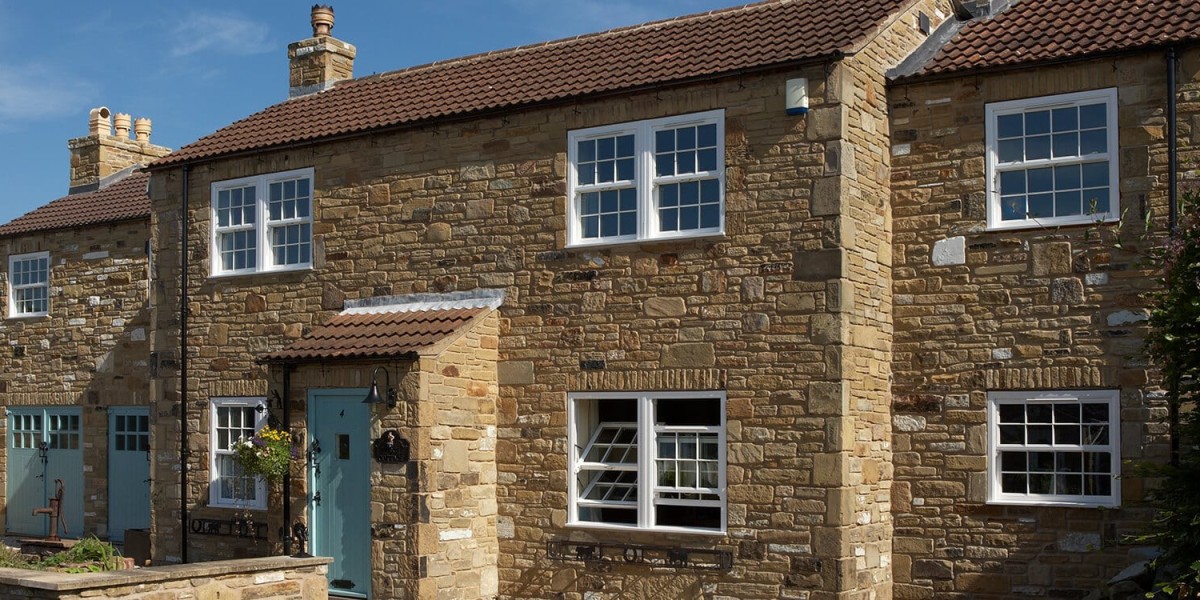In recent years, double glazing has emerged as a popular solution for homeowners looking to enhance the energy efficiency and comfort of their living spaces. With rising energy prices and increasing awareness of environmental issues, the demand for double glazing installation has surged. This article explores the benefits, the installation process, and key considerations for homeowners contemplating this upgrade.
Double glazing refers to the installation of two panes of glass in a window frame, with a space between them that is often filled with argon gas. This design significantly reduces heat transfer, making homes warmer in winter and cooler in summer. As a result, homeowners can enjoy a more comfortable living environment while also reducing their reliance on heating and cooling systems.

One of the primary advantages of double glazing is its energy efficiency. According to the Energy Saving Trust, homes with double glazing can save an average of £100-£150 per year on energy bills. This is particularly significant in regions with extreme weather conditions, where heating and cooling costs can account for a large portion of household expenses. By installing double glazing, homeowners can not only reduce their energy bills but also lower their carbon footprint, contributing to a more sustainable future.
In addition to energy savings, double glazing offers enhanced sound insulation. Homes located in noisy urban areas or near busy roads can benefit from the soundproofing qualities of double-glazed windows. The additional pane of glass and the air gap between the panes act as a barrier to external noise, creating a quieter and more peaceful indoor environment. This aspect is especially appealing to families and individuals seeking tranquility in their homes.
Security is another important consideration when it comes to window installation. Double-glazed windows are generally more difficult to break than single-pane windows, making them a deterrent for potential intruders. Many double-glazing systems also come with advanced locking mechanisms, further enhancing the security of the home. Homeowners can enjoy peace of mind knowing that their property is better protected against burglary and vandalism.
When it comes to the installation process, homeowners should consider hiring a reputable and experienced double glazing installer. The installation typically involves removing old windows and frames, measuring the openings, and fitting the new double-glazed units. Proper installation is crucial for maximizing energy efficiency and ensuring that the windows function correctly. Homeowners are advised to obtain multiple quotes from different companies and check reviews and references before making a decision.
The cost of double glazing installation can vary significantly based on several factors, including the size and style of the windows, the type of glass used, and the complexity of the installation. On average, homeowners can expect to pay between £400 and £1,200 per window. While the initial investment may seem steep, it is essential to consider the long-term savings on energy bills and the potential increase in property value. Homes with double glazing are often more attractive to buyers, making this upgrade a wise financial decision.
In addition to traditional double glazing, homeowners may also explore options such as triple glazing or secondary glazing. Triple glazing features three panes of glass and provides even greater insulation, while secondary glazing involves adding a second pane of glass to existing windows. Each option has its own set of benefits and costs, and homeowners should evaluate their specific needs and circumstances before making a choice.
Another essential factor to consider is the style and aesthetics of the windows. Double glazing is available in various styles, including casement, sash, and tilt-and-turn windows. Homeowners can select designs that complement the architectural style of their property while also enhancing its energy efficiency. Additionally, many manufacturers offer a range of colors and finishes, allowing homeowners to customize their windows to suit their preferences.
It is also worth noting that homeowners may be eligible for government grants or incentives to help offset the cost of double glazing installation. Various programs aim to promote energy efficiency and reduce carbon emissions, and homeowners are encouraged to research available options in their area. These financial incentives can make the transition to double glazing more affordable and accessible for many households.
In conclusion, double glazing installation represents a smart investment for homeowners looking to improve their living conditions, reduce energy costs, and enhance the security of their properties. With numerous benefits, including energy efficiency, sound insulation, and increased property value, it is no wonder that double glazing has become a sought-after upgrade. The installation process, while requiring careful consideration and planning, can lead to significant long-term savings and a more comfortable living environment. As the demand for energy-efficient solutions continues to grow, double glazing is poised to remain a popular choice for homeowners across the country.









